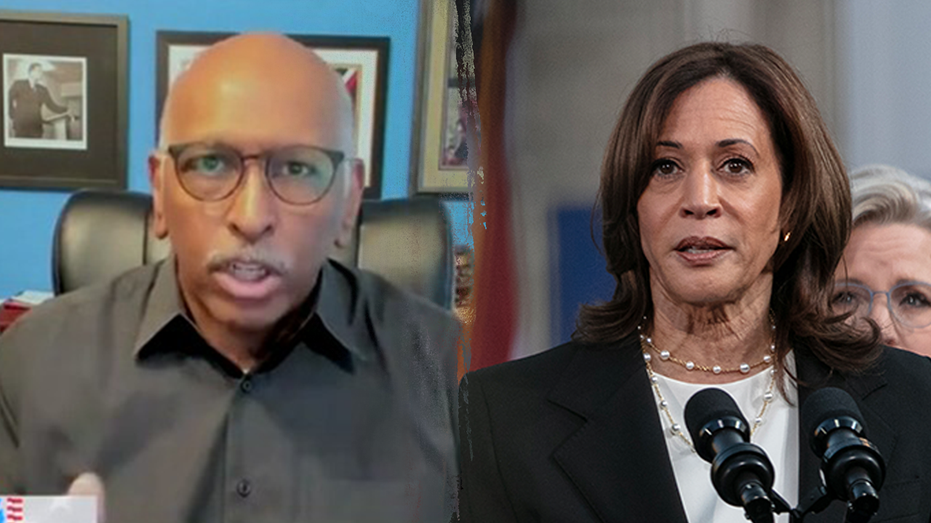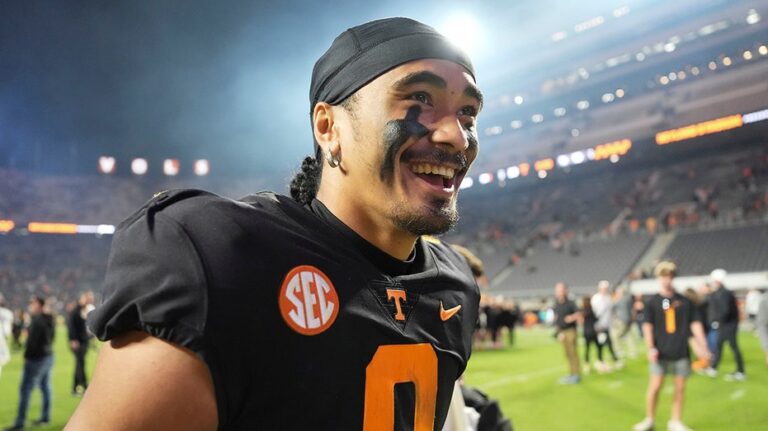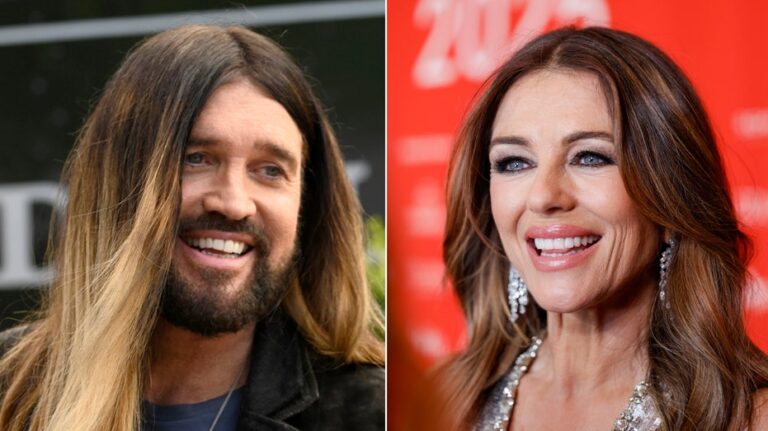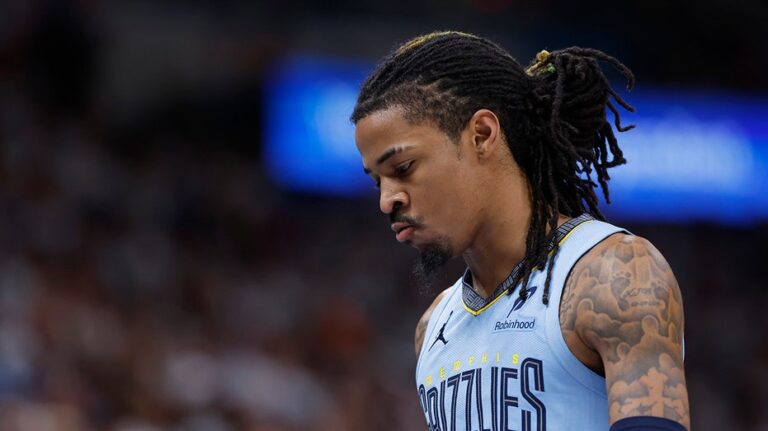
MSNBC analyst Michael Steele lashed out at Democrats putting pressure on Vice President Harris to step up her media appearances, saying she’s being held to higher standard.
MSNBC analyst Michael Steele lashed out at Democrats and the press for putting pressure on Vice President Kamala Harris to engage more with the media, arguing Harris was being unfairly treated compared to her 2024 opponent, former President Trump.
“I don’t see Donald Trump doing sit-downs and press conferences with the mainstream media every week,” Steele said during a Friday interview on MSNBC.
“So let’s stop — let’s hold her to the same standard we’re holding Donald Trump. Because Donald Trump is not giving you anything except a rally in which he dribbles and — and nods off and just goes off on — on tangents. And the press accepts that. And yet they look at her and say, ‘Well, how come you’re not, you know, giving us more of what we want?’ Well, as soon as you get it from Donald Trump, she’ll give it to you,” the former RNC chairman continued.
Trump and his running mate, Sen. JD Vance, R-Ohio, have sat down for at least 63 interviews since the Harris-Walz ticket was formed, compared to only 23 non-scripted interviews for the Democratic presidential ticket thus far.
DEMOCRATS WORRY ABOUT HARRIS’ CAUTIOUS MEDIA APPROACH IN TIGHT 2024 RACE: ‘VOTERS DESERVE BETTER’
Harris still has not held a formal press conference since replacing President Biden as the Democratic nominee, while Trump has held five since the beginning of September.
With just over a month to go until Election Day, some Democrats and media critics are warning the Harris-Walz campaign that their strategy could backfire with voters who are still uncertain about the Democratic candidate.
After the vice presidential debate last week, several media commentators argued Harris’ running mate, Minnesota Gov. Tim Walz, appeared unprepared because of his overall lack of media exposure on the national stage.
On MSNBC on Friday, host Chris Jansing asked Steele if Harris was being “smart” with her limited media approach this close to the election.
“Yes, yes, yes, a thousand times yes,” Steele said, before dismissing these concerns.
“It’s Democrats being Democrats and it’s the mainstream media being the mainstream media. They want to be coddled. They want to show that they got the connection, they got the in,” he said.
HARRIS LEADS TRUMP BY 2 IN NATIONAL POLL, BUT SHOWS VULNERABILITIES WITH NON-WHITE VOTERS
Steele argued that the vice president’s campaign should not be compared to past presidential campaigns, because Harris emerged as the presidential nominee so late in the election cycle. He said she was being selective in her media appearances with the limited time left until election day.
“At the end of the day, you’re talking 140 days to run a national presidential campaign. She’s got to be particular with the targets. If she had an extra 400 days, everybody would get touched in the mainstream media and in the Democratic Party. This is not the Hillary campaign of 2016, this is not Joe Biden’s campaign of 2020,” he said.
“I think she’s focused where she needs to be, and the Democrats need to stop acting like Democrats, get your behind on the ground, organize, turn out your vote. You need to overwhelm the ballot box on November 5, because that’s the end game. And don’t worry about a press conference today. You need to worry about how many voters you got turning out on November 5,” he continued.
Harris campaign spokesperson Kevin Munoz defended the campaign’s media strategy in a statement to NBC News Friday.
“Our task for the final stretch of this campaign is ensuring that [Harris’] winning vision reaches the undecided voters who will decide this election in places and ways that will actually reach them. That may look different in today’s evolving media environment than prior campaigns, but coupled with campaign events, aggressive organizing and a historic paid media campaign, it’s a winning approach,” Munoz said.
Harris has stepped up her interviews in recent weeks, including doing radio hits, a solo sit-down with a Philadelphia TV station and an interview with MSNBC’s Stephanie Ruhle.



